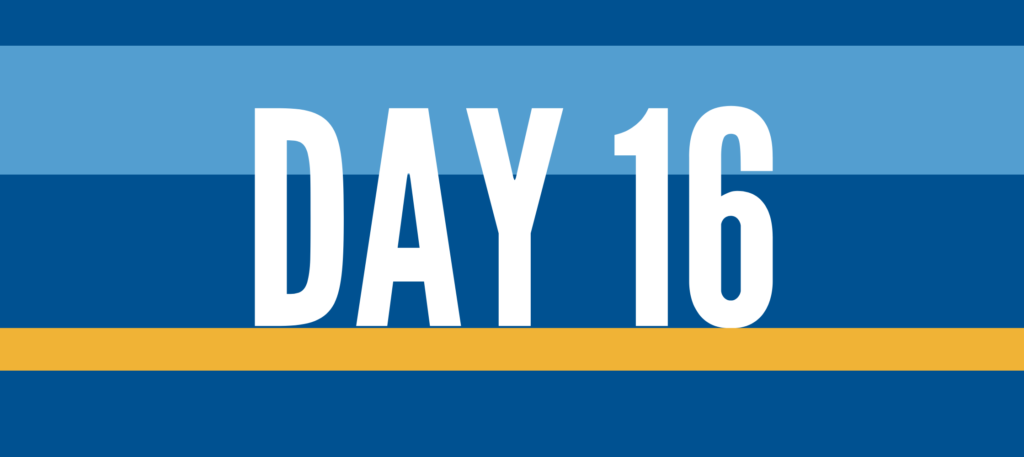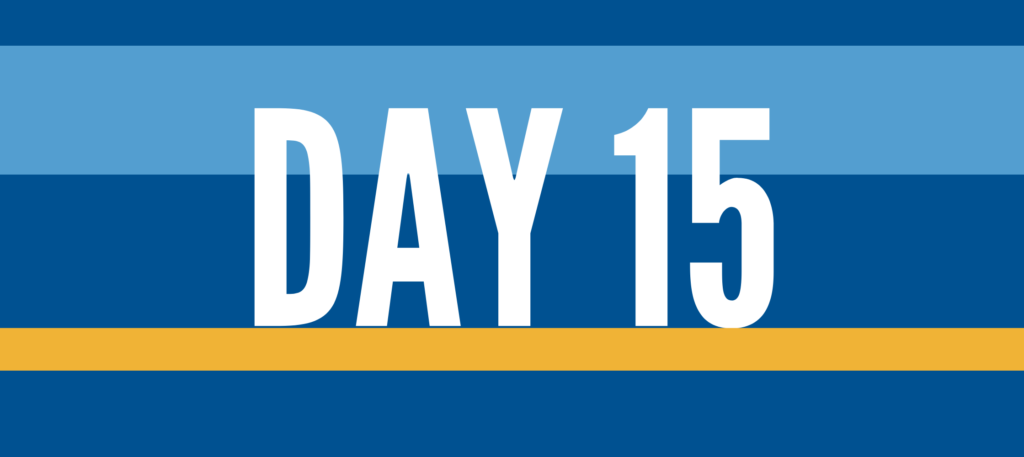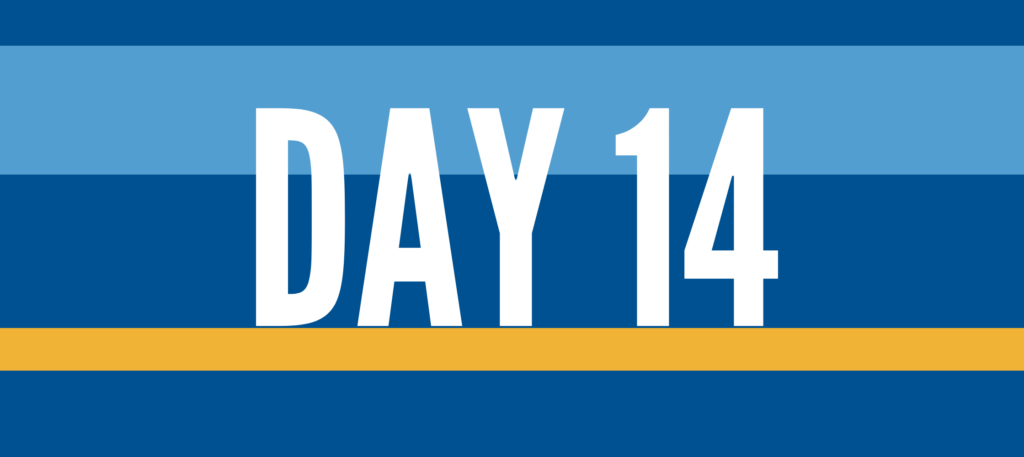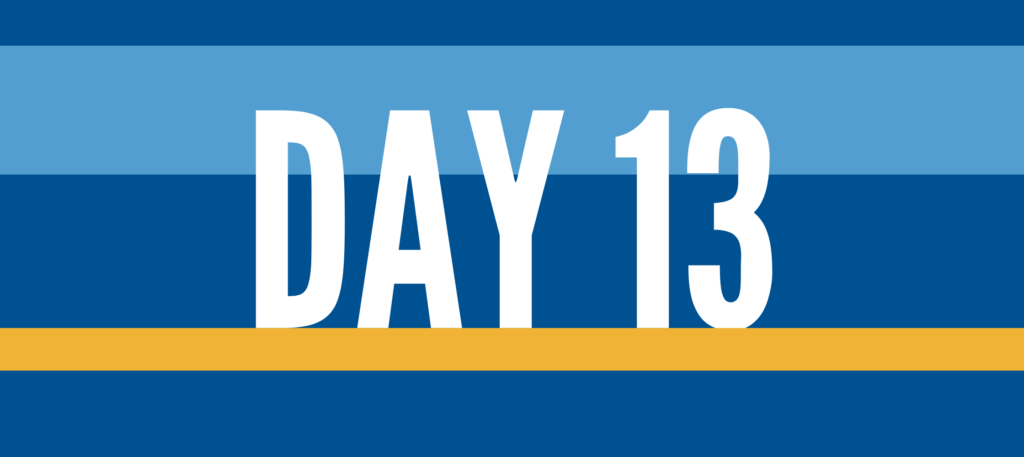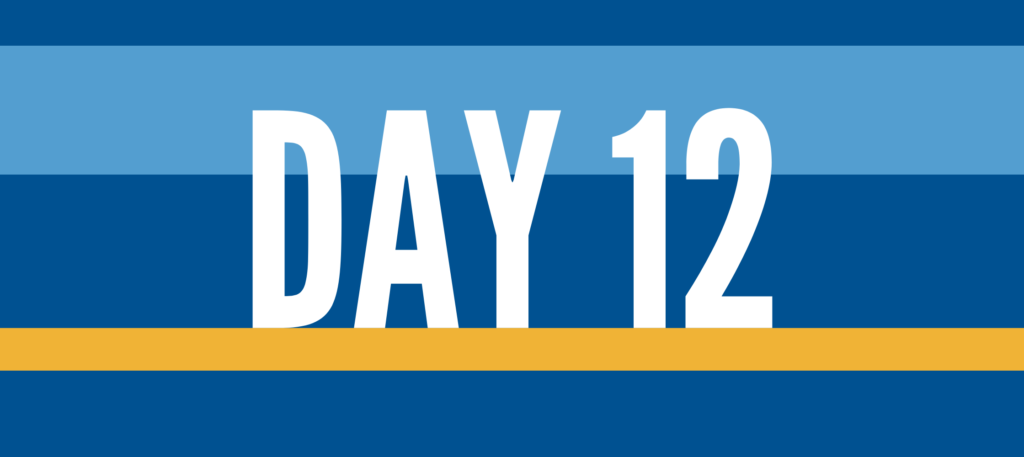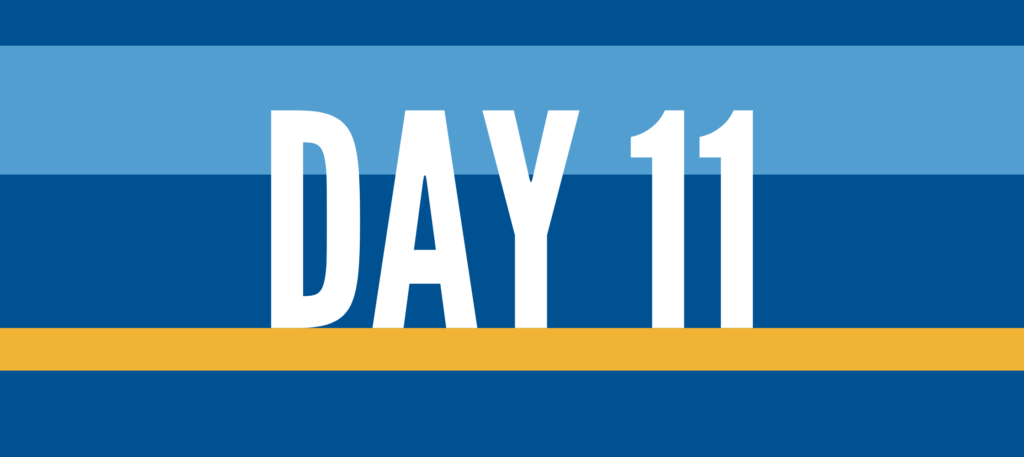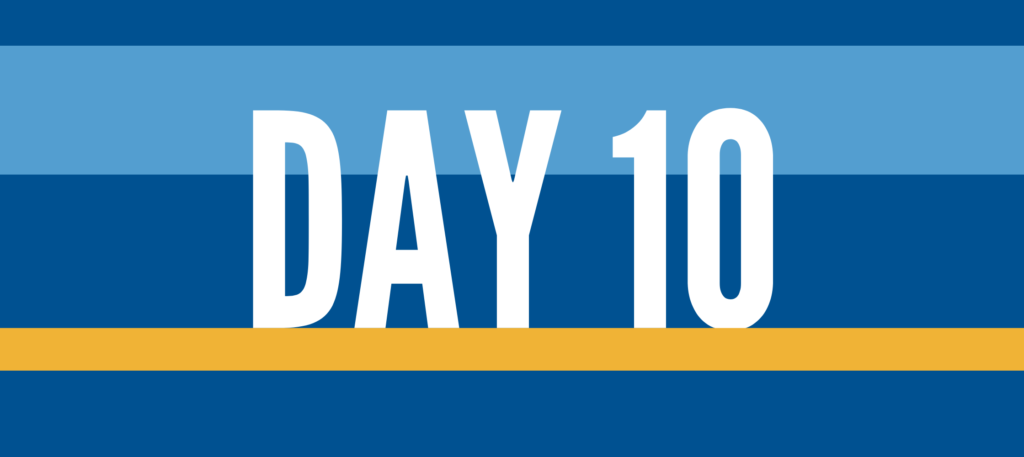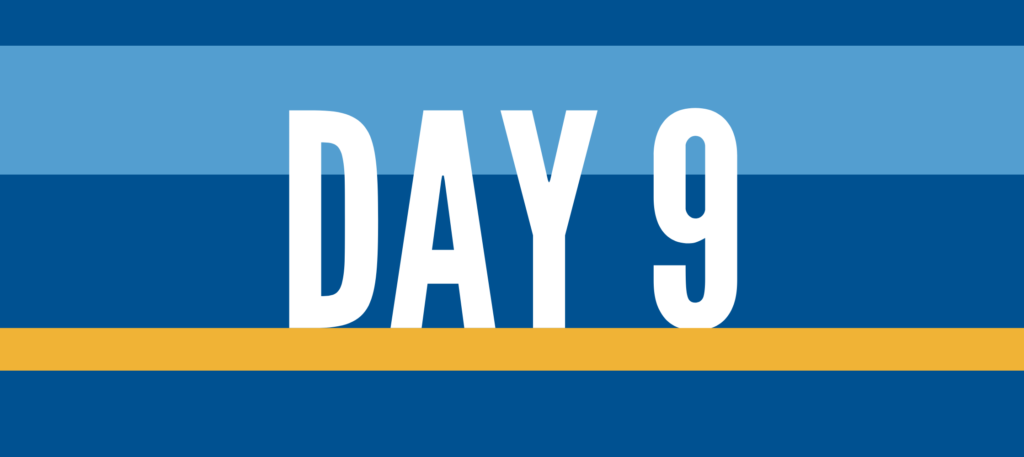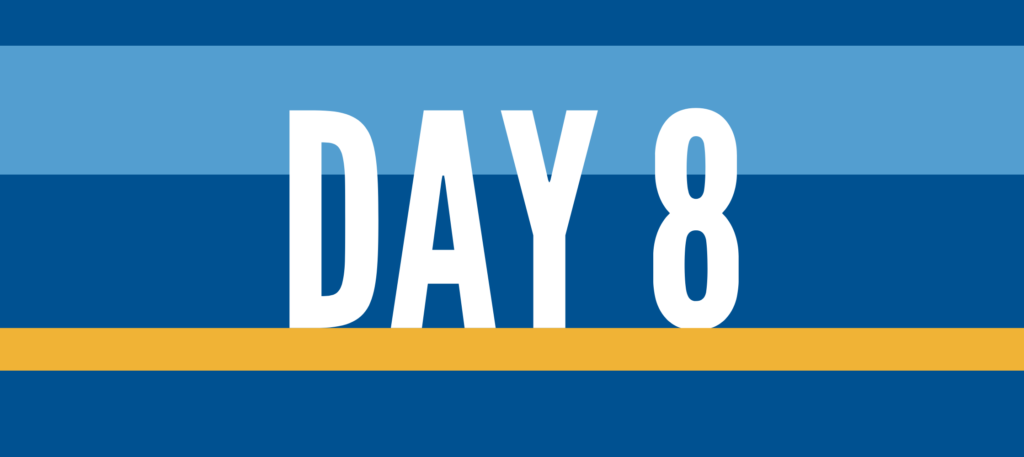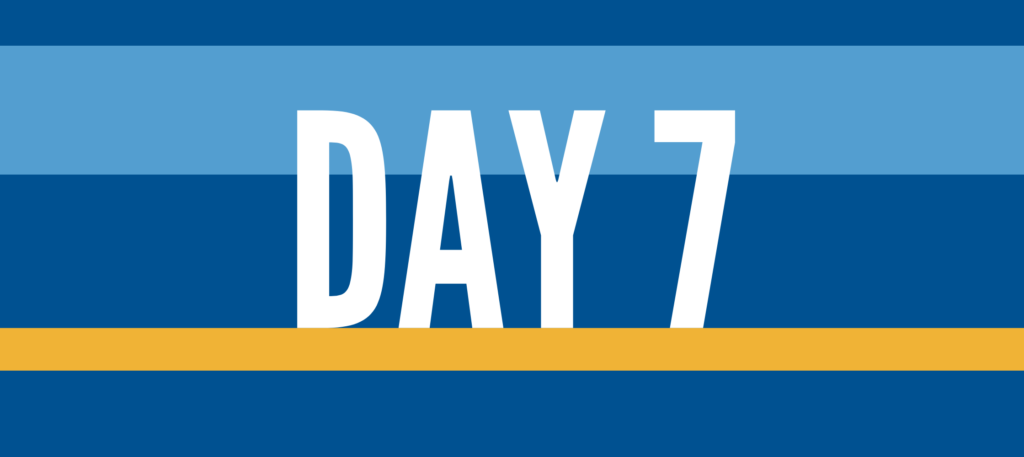Posts by Tammy Mills
Day 16: The Impact of Racial Trauma on Black, Indigenous, and All People of Color
Recent events including the continued killings of unarmed Black people by law enforcement and the disproportionate rates of COVID-19 cases in Black and Hispanic communities once again shed light on the deeply embedded systemic racism in this country and its institutions. It is important to recognize that People of Color often experience significant trauma as…
Read MoreDay 15: Adverse Childhood Experiences
“Many abused children cling to the hope that growing up will bring escape and freedom. But the personality formed in the environment of coercive control is not well adapted to adult life. The survivor is left with fundamental problems in basic trust, autonomy, and initiative. She approaches the task of early adulthood—establishing independence and intimacy—burdened…
Read MoreDay 14: Education
More than 65 years after the landmark Supreme Court decision in Brown v. Board of Education declaring racial segregation in public schools unconstitutional, studies show that public schools across the United States are just as racially segregated as they were in the Jim Crow era. According to a new report by EdBuild, U.S. school districts…
Read MoreDay 13: Racialized Outcomes in Early Childhood
“To teach in a manner that respects and cares for the souls of our students is essential if we are to provide the necessary conditions where learning can most deeply and intimately begin.” Bell Hooks Anti-racist education in early childhood classrooms is far more than a multicultural lesson or two. It requires educators to deeply…
Read MoreDay 12: The Racial Wealth Gap
“This history matters for contemporary inequality in part because its legacy is passed down generation-to-generation through unequal monetary inheritances which make up a great deal of current wealth.” -Examining the Black/White Wealth Gap, Brookings Institute The racial wealth gap involves more than debt and payday lending. It’s about bias, discrimination, redlining and many other inequities…
Read MoreDay 11: Environmental Justice
Championed by communities of color including African Americans, Native Americans, Latinos, Asians, and Pacific Islanders, the environmental justice movement addresses a statistical fact: people who live, work, and play in America’s most polluted environments are disproportionately People of Color and low income. This is no accident. Communities of color are routinely targeted to host facilities…
Read MoreDay 10: How Your Race Affects your Health
You may have heard about the racial wealth gap, but have you heard about the racial health gap? According to the NYTimes 1619 Project, “racial health disparities are foundational as democracy itself.” Socioeconomic status and institutional racism lead to disparities across living conditions, limit access to quality health care, and contribute to chronic stress in…
Read MoreDay 9: Housing Inequality
The reality is that housing affordability and who experiences homelessness is largely influenced by our country’s history of racism. According to the Center for American Progress 2019 article, How America’s Housing System Undermines Wealth Building in Communities of Color, “For centuries, structural racism in the U.S. housing system has contributed to stark and persistent racial…
Read MoreDay 8: Segregation in Michigan
Institutional Racism is defined as “the systematic distribution of resources, power and opportunity in our society to the benefit of people who are white and the exclusion of people of color.” — Solid Ground, Definition & Analysis of Institutional Racism When you hear the word segregation, what do you think of? Many of us think…
Read MoreDay 7: Income Inequality
“In the United States, the average Black and Hispanic or Latino households earn about half as much as the average White household and own only about 15 to 20 percent as much net wealth.” – the United States Federal Reserve With income above the Federal Poverty Level but below a basic survival threshold — defined…
Read More
